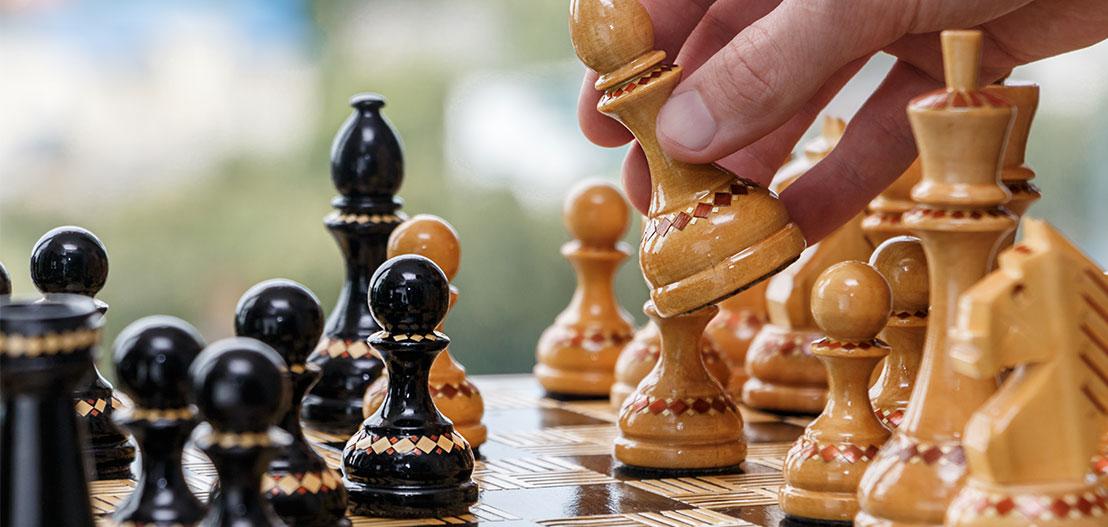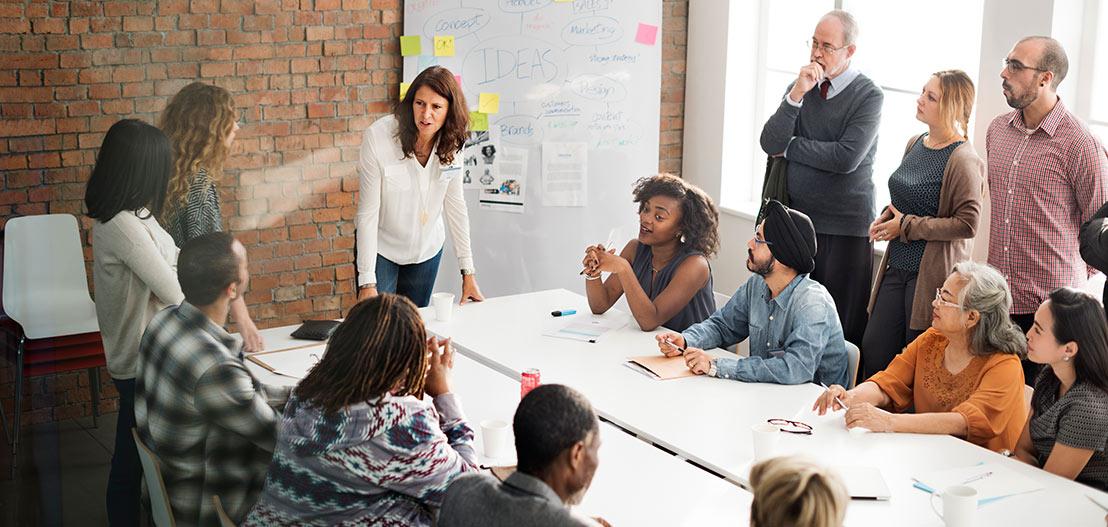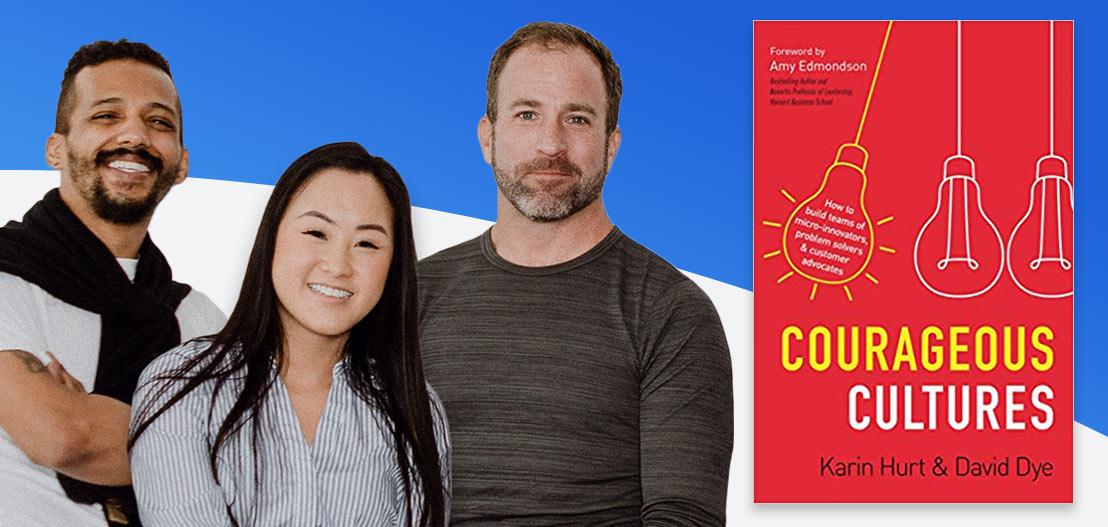Which answer would you select from this Audience Poll?
This poll was used as part of our latest soft skills webinar which was focused on “Critical Thinking.” The correct response is C, “Objectively analyzing information to determine credibility.” But the majority attending the webinar chose response B, a description of problem solving.
Why the confusion? You find the confusion nearly every time the terms are used on the internet, except for the scholarly site, www.criticalthinking.org. But is determining the truth of the information we use in decision-making a lost art?
Critical thinking got its name from the Greek philosopher Socrates when he wrote about Plato’s teachings, and was once introduced as part of the standard school curriculum, but few people today study philosophy, even as an elective course. The logic in today’s curriculum includes math theorems (A² + B² = C²) or programming “If… then” statements. Students learn to accept the information provided to them as patently true.
Perhaps history and science classes should be charged with the responsibilities of teaching “clear” or critical thinking. The common core standards provide challenges at high school levels that support this effort.
Assignments that involve critical thinking when clarifying historical truth challenge learners to use essential evaluation skills while examining claims made about the past. Questions for investigation could belong to the “Did you know” category. For example, “Did the U.S. ever go to war to gain Canadian territory?” could produce information about North American history that is usually overlooked. Questions such as, “What was the true size of the Mexican Army that attacked the Alamo?” and, “Was there truly a formal, organized underground railroad?” are common examples of myth buster exercises.
In science classes, determining real science from “pseudoscience” should be a mandatory part of the curriculum. Students are bombarded by pseudoscientific claims that waste money and can potentially lead to theft of personal information.
For example, advertisements and advertorials in magazines and on the internet are often no more reliable than the snake oil peddlers and sideshow hypnotists who conned settlers and immigrants throughout the 1800s. It’s important to teach critical thinking skills to students while they are still in school. Then they will have the time and opportunity to practice researching claims and verifying the authenticity of these claims before their decisions affect others.
In this manner, American businesses will benefit from people learning to question assumptions and evaluate the facts before allowing emotional responses to affect their decisions. Once students enter the workforce, their employers will depend on their ability to think critically when making decisions. Poor information equals poor decisions. Individual errors in judgment can be expensive and harmful to a company while adversely affecting an individual’s career.






